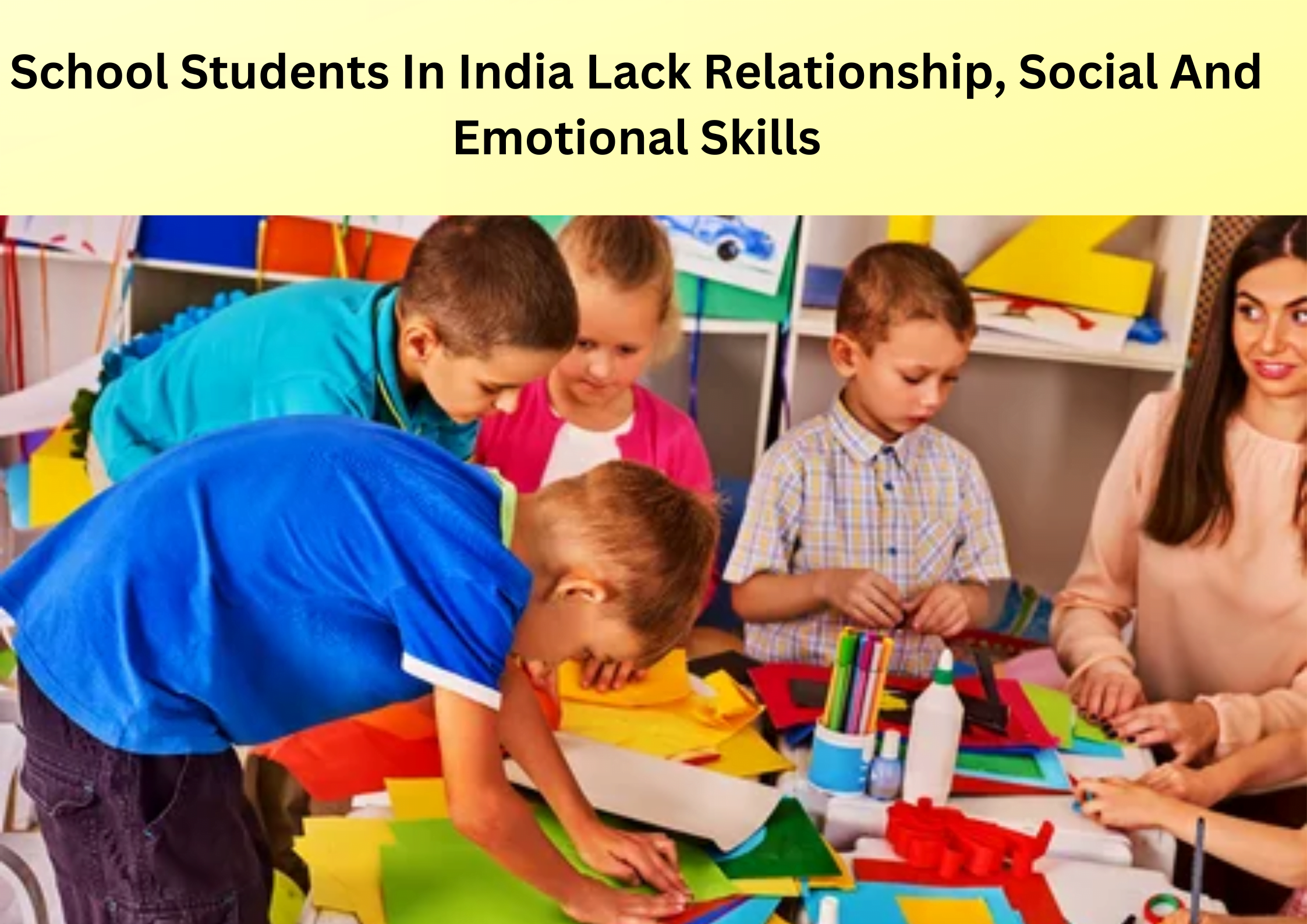Students in India are not good at friendship-building, empathy and social skills. The students cannot express their feelings, understand others’ feelings and resolve conflicts. These skills are essential for a child to develop as they grow up. The lack of these skills can lead to serious problems later in life.
As per research conducted by Mayo college Girls School, The lack of relationship, social and emotional skills among school students is because there is no emphasis on such skills in schools in India. Students often spend most of their time studying rather than learning how to interact with others or develop their communication skills.
Also Read : What Skills Should Schools Start Teaching To Student
SEL
 ]
]
Social-emotional learning is becoming increasingly important in schools because it helps students understand how to manage their emotions, and build relationships, and problem-solving.
Students who can control their emotions are better able to make good decisions about how they interact with others. They can also better communicate their feelings and needs without resorting to aggressive behaviour or violence. Social-emotional learning programs can help students develop these skills by providing them with strategies for identifying and managing their own emotions as well as those of others.
These programs also teach students how to develop healthy relationships and deal with conflict in a way that does not hurt anyone else. That makes them more likely to avoid bullying, which can lead to lifelong problems such as low self-esteem or even suicide.
The Significance Of Social And Emotional Learning
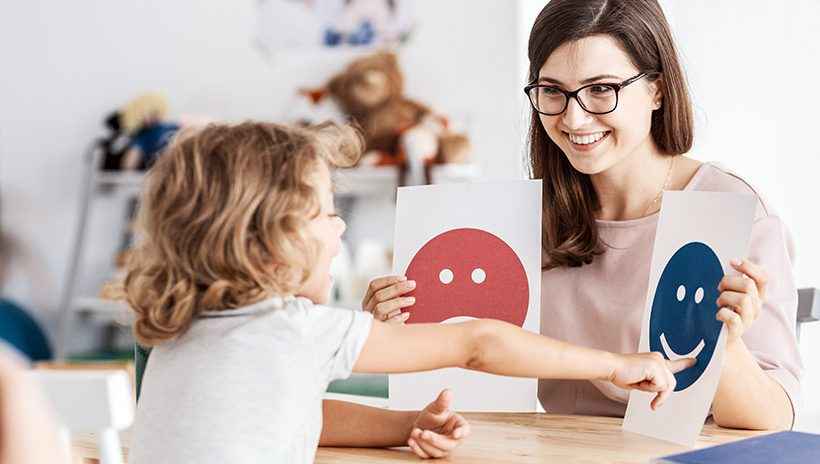
Social and emotional learning (SEL) is the process of developing skills in the areas of self-awareness, social awareness, relationship skills, responsible decision-making, and effective communication. It focuses on teaching students how to understand, manage, and healthily express their emotions.
In India, many schools are using SEL programs to help students cope with bullying and violence. Many students who are bullied do not have access to counselling services that can help them deal with their feelings of isolation or depression after being bullied.
Schools that offer SEL programs teach students to recognise negative behaviours in themselves and others so they can make better decisions about how they react when they encounter those behaviours. They also teach students how to communicate their feelings persuasively so they can resolve conflicts without resorting to violence or bullying.
The need for SEL is acknowledged by Indian educators. To support the full development of students, the National Education Policy 2020 (NEP 2020) emphasises the value of SEL, and declares that the educational system must strive to “create excellent human beings capable of logical thought and action, exhibiting compassion and empathy.”
The chapter on Early Childhood Care and Education places SEL on par with other academic competencies in terms of importance. The effectiveness of this action will be determined by the path taken to accomplish it.
SEL helps children transfer more smoothly from their comfortable home setting to a preschool and from a preschool to a primary school.
At every age, there are higher demands for kids, from obeying rules to managing their emotions in broader, stranger social situations. SEL makes it easier to meet these demands.
According to research, it also accelerates the early development of other academic talents. The advantages extend beyond a child’s early years and also include increased mental health, preparedness for a profession, and healthy relationships.
Students Have Difficulty Planning And Communicating With Each Other
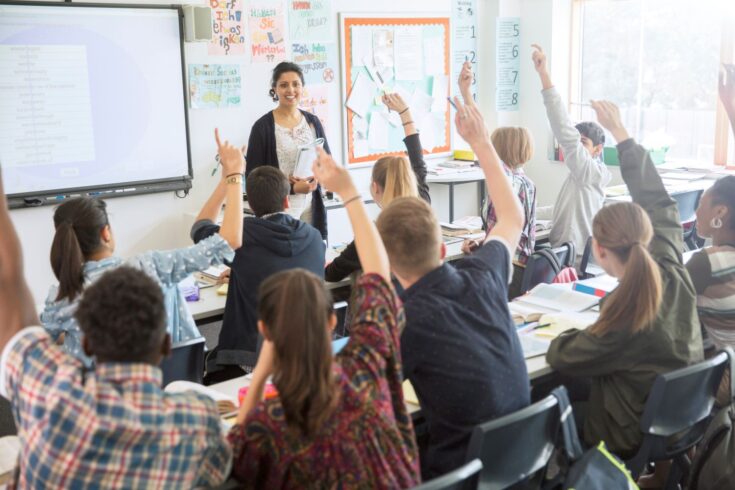
Social and emotional learning (SEL) is the process of developing skills, knowledge and understanding in students to help them grow as individuals and thrive in the world. SEL teaches students how to build relationships, manage emotions and make responsible decisions. It is an approach that recognises that young people need to be equipped with the skills they need to navigate a complex world.
Children need to develop these skills because they have an impact on their ability to succeed at school, manage relationships with family members and friends, achieve a sense of well-being, create positive learning environments at home, learn from mistakes and contribute positively to society.
Unfortunately, many Indian schools don’t provide adequate opportunities for students to develop these essential life skills.
- Students have difficulty planning and communicating with each other;
- they are unable to understand others’ perspectives; they cannot express themselves clearly; they don’t know how to resolve conflicts;
- they don’t know how to handle stress;
- they don’t know how to stay motivated in difficult situations;
- they don’t know how to make decisions based on values rather than just what’s convenient for them at the time;
- they often blame others for problems rather than taking responsibility for their actions, lowering their self-worth.
Students Often Don’t Share Their Opinions Or Feelings With Their Teachers
:max_bytes(150000):strip_icc()/GettyImages-465511687-a7bc15bbd9c94edc9541a2f6198e4b1a.jpg)
In Indian schools, students are often reluctant to share their opinions or feelings with teachers. That can be a problem because it may prevent them from receiving the necessary support and guidance they need to succeed at school.
Pratham’s Annual Status of Education Report (ASER) 2019: Early Years, published in January 2020, has furthered the urgent need to include SEL within the school curriculum.
This is the first extensive study that gathered information on many learning-related developmental markers, including the social and emotional skills of young children between the ages of four and eight in rural India.
Fortunately, there are some simple ways that teachers can encourage their students to open up and talk about their emotions. One of these is creating a safe space where students feel comfortable talking about themselves.
Teachers can also help their students learn how to manage their emotions by teaching them how to recognise when they’re feeling angry, sad, or anxious—and then suggesting ways that they can calm down before they act out inappropriately. That will help ensure that no one gets hurt during class time!
Children May Not Be Getting The Attention And Care They Need
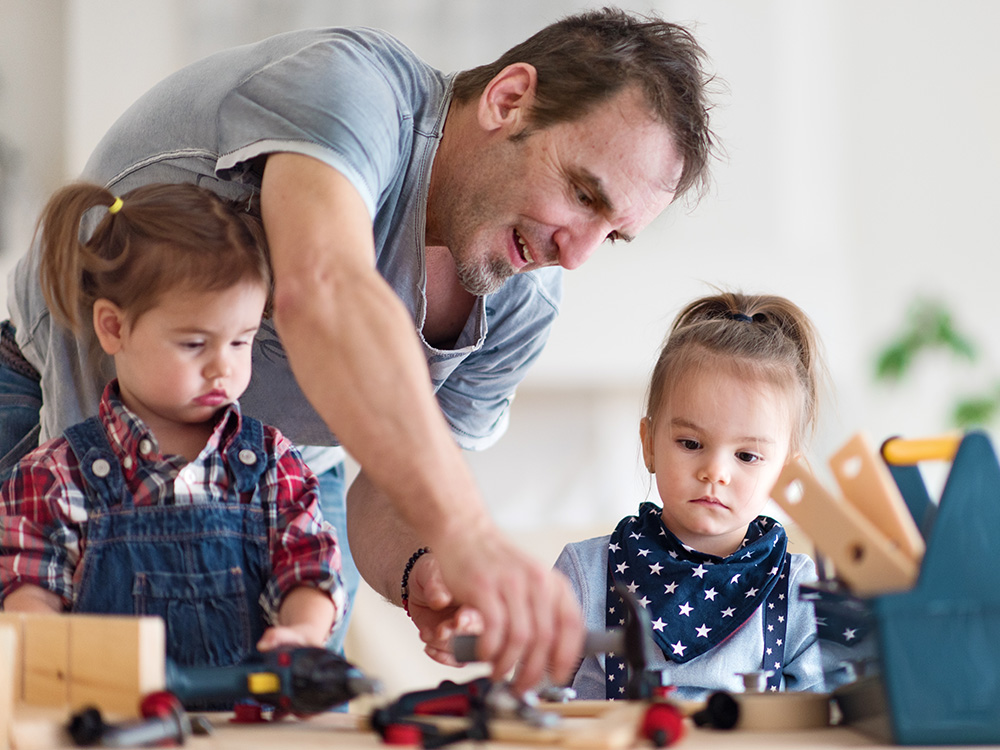
Childhood is a time when children need to be nurtured, but Indian schools are not equipped to provide the care and attention they need. Many students are left on their own to deal with the challenges of school life, including bullying and discrimination, without any kind of support system in place.
The lack of support may be due to a lack of trained counsellors or teachers who can help students develop social skills that will serve them well throughout their lives. The lack of support may also be due to a lack of funds for programs that would make schools more nurturing environments for students.
Evaluating Children’s Empathy
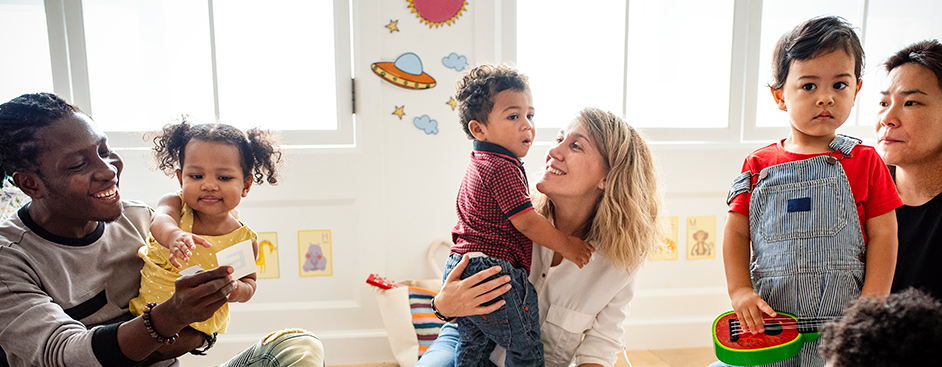
The ASER 2019 activities brought to light some significant discoveries. For instance, one of the exercises tested the child’s impulse control in a conflict situation. What would kids do if their friend stole their sole toy while they were playing?
Nearly one-fourth of all eight-year-olds responded with statements like “would beat or fight with a friend,” indicating that they would choose to act out their rage. Only 2.5% of them indicated a desire to speak to their friend and request the toy back, demonstrating how little experience young children have with conflict resolution techniques like communication.
Older kids are more likely to respond in a way that could escalate a quarrel. Three out of five youngsters (58.5%) who correctly identified all emotions in a different exercise measuring a child’s capacity for empathy responded in an empathic manner. Less than one-third (31.3%) of kids who were unable to correctly recognise emotions responded empathically.
Youngsters who comprehend emotions use this understanding—along with conflict resolution techniques—to understand how others feel, appreciate their viewpoint, and demonstrate compassion. It is unrealistic to expect young children to understand other people’s emotions when so many of them struggle to recognise basic ones.
It’s crucial to make sure that the need to promote SEL is not overlooked when addressing the different concerns included in NEP 2020. Making Indian citizens more dependable members of the community can be accomplished with a modest early investment in SEL. That should be an international concern.
Low self-esteem and subpar performance can result from a lack of these skills.
Conclusion
There is a lot of work to be done in the area of emotional skill development for Indian students. There’s no question that some social skills are learned outside the classroom, but there are still many critical components of emotional intelligence that schools can teach and reinforce.
Educators need to begin thinking about ways that they can bring these concepts into the lesson plans and ultimately change attitudes about emotional intelligence. With time and hard work, it may even become part of the fabric of education in India.
For any queries related to parenting, schooling, or any student-related tips, click here to check out our latest blogs






